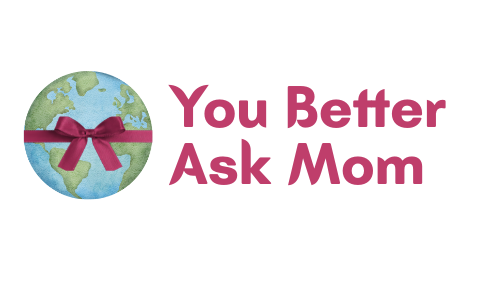
Embracing Self-Love for Future Generations
As immigrant parents navigating the complexities of cultural heritage and modern society, the journey of self-acceptance can often be intertwined with the fervent desire to instill those values in our children. In a world rife with unrealistic beauty standards and body shaming, we must reflect on our own self-perception—how we view ourselves guides how our children will view themselves.
In her poignant exploration, Taneet Grewal shares the heartbreaking impacts of body shaming within families and how these toxic patterns can echo through generations. Grewal's story highlights that, in the absence of positive body talk from parents, children may internalize harmful beliefs. To combat this, embracing body positivity is crucial—not just for ourselves, but as a legacy for our children.
Understanding Body Image Across Cultures
Cultural backgrounds play a significant role in shaping perceptions of body image. For many immigrant families, the clash between traditional values and contemporary norms can lead to conflicting messages about self-worth. This theme resonates with findings from the Child Development Institute, which emphasizes that a supportive environment is vital for promoting healthy self-esteem in children. Encouraging discussions around self-acceptance and the uniqueness of each individual—regardless of shape, size, or cultural differences—can be incredibly empowering.
Tools and Techniques for Body-Positive Parenting
The integration of body-positive practices such as encouraging open discussions about body image and providing an emotionally safe space is essential, as highlighted by expert insights from the article Fundamentals of Body-Positive Parenting. Parents should model positive self-talk and approach body image discussions with sensitivity and awareness. Teach children to celebrate their diverse heritages and the beauty of their unique appearances, aligning with efforts to raise bicultural children who value their identities.
Fostering Resilience Through Media Literacy
As our children grow up in an age dominated by social media, understanding the effects of media portrayal becomes a vital life skill. Teaching kids to critically analyze manipulated images they see can further equip them with the resilience needed to counteract societal pressures. Encouraging a discerning approach towards media helps instill confidence and a balanced view of beauty.
Creating an Inclusive Family Culture
If we, as parents, work to instill love and acceptance within ourselves, our children will reflect that same energy. Holistic practices such as healthy conversations around food, movement, and self-care not only improve our children’s mental and physical well-being but also foster a sense of belonging. As families, let’s work together to promote an inclusive environment where every body is loved and celebrated. Embrace and share multicultural traditions that encourage every family member to express their unique stories.
As we embark on this journey towards self-acceptance, remember that our actions speak volumes. Let’s empower our children—not just to love themselves, but to embrace their heritage and everything that makes them unique.
 Add Row
Add Row  Add
Add 




Write A Comment